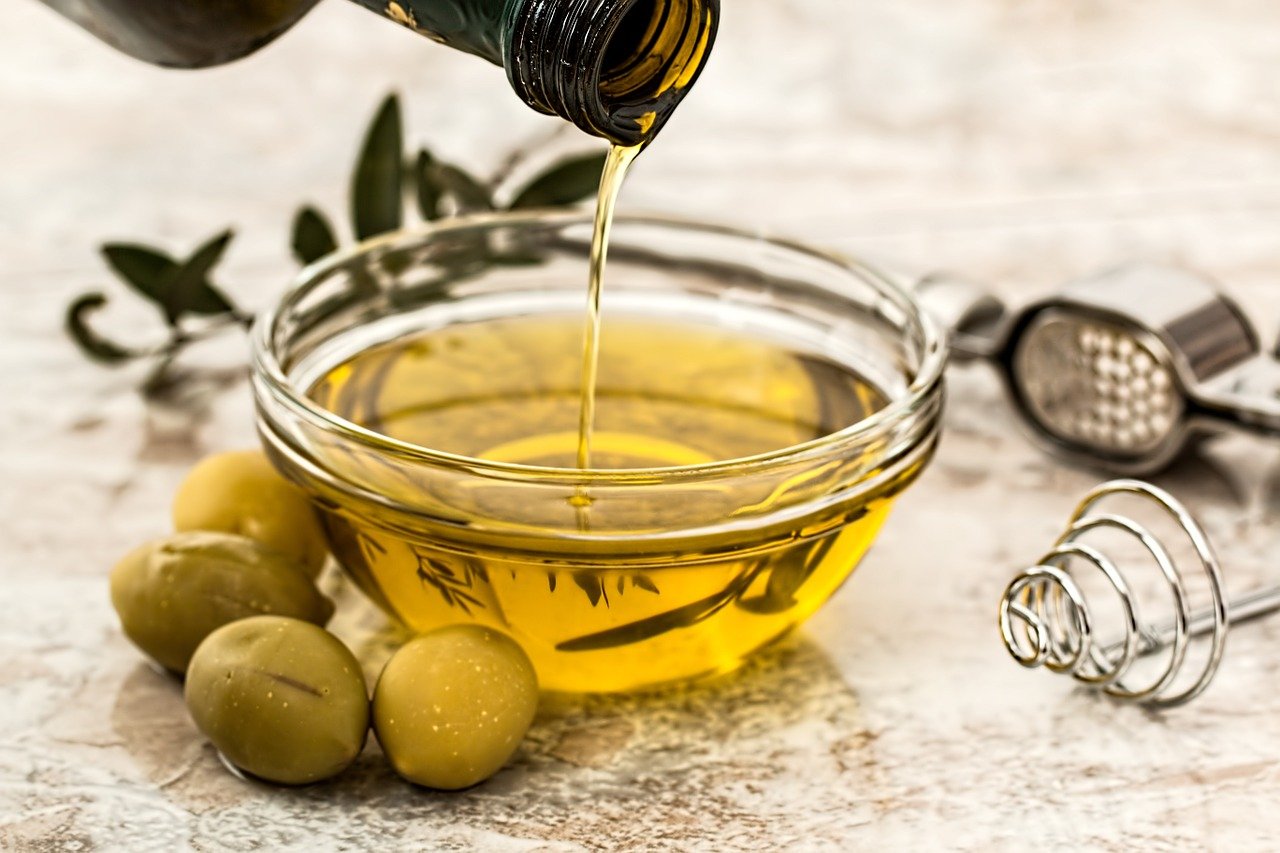
Collagen, often hailed as the “building block of the body,” plays a pivotal role in our structural integrity. But what exactly is collagen, and why has it become a buzzword in the health and beauty industry? Let’s dive in.
What is Collagen?
Collagen is the most abundant protein in our bodies. It’s the primary component of connective tissues found in many body parts, including skin, tendons, ligaments, and muscles. Think of it as the glue that holds everything together, providing strength and structure.
Different Types of Collagen
Collagen is a vital protein in the human body, responsible for providing structure to the skin, hair, nails, bones, ligaments, and more. There are several types of collagen, each with its unique properties and functions. Here’s a breakdown:
1. Type I Collagen:
- Found in: Skin, tendons, bones, and most connective tissues.
- Properties: This is the most abundant type of collagen in the human body. It provides structure to skin, tendons, fibrous cartilage, connective tissue, and teeth.
- Benefits: Supports skin elasticity, hair, and nail health.
2. Type II Collagen:
- Found in: Cartilage, which cushions joints.
- Properties: This type is more loosely packed than type I and is essential for joint health.
- Benefits: Helps maintain healthy cartilage and joint function.
3. Type III Collagen:
- Found in: Reticular fibers, such as in the bone marrow, lymphatic system, and organs like the liver, lungs, and spleen.
- Properties: Often found alongside type I collagen. It helps form blood vessels and tissues within the heart.
- Benefits: Supports the structure of muscles, organs, and arteries.
4. Type IV Collagen:
- Found in: Layers of the skin, specifically the basal lamina.
- Properties: Helps in filtration and forms the basis of cell basement membranes.
- Benefits: Essential for skin health and cell function.
5. Type V Collagen:
- Found in: Hair, placenta, and the surfaces of cells.
- Properties: Involved in the formation of cell surfaces and hair.
- Benefits: Supports hair health and cellular structures.
6. Type X Collagen:
- Found in: Certain layers of cartilage.
- Properties: Involved in the creation of new cartilage.
- Benefits: Supports bone and cartilage formation.
While these are the primary types of collagen, there are over 28 types identified in total. However, types I, II, and III make up the majority of the collagen in the human body. When considering collagen supplements or products, it’s essential to know which type of collagen they contain and the benefits associated with that type.
Sources of Collagen
Different sources provide various types of collagen:
- Marine Collagen: Derived from fish, it’s rich in Type I collagen and is known for its beauty benefits, particularly for skin and hair.
- Bovine Collagen: Sourced from cows, it’s a mix of Type I and III collagen, beneficial for skin, hair, and overall body health.
- Chicken Collagen: Predominantly offers Type II collagen, making it a go-to for those seeking joint support.
Popular Collagen Supplements
With the rising awareness of collagen’s benefits, the market is flooded with supplements. Some noteworthy ones include Neocell supercollagen, Vital vitamins multi collagen complex, and Jarrow collagen. However, always ensure you’re choosing a reputable brand and consult with a healthcare professional before starting any supplement.
How to Choose the Right Collagen Supplement
When selecting a collagen supplement:
- Purpose: Are you aiming for better skin, stronger hair, or healthier joints? The desired benefit can guide the type of collagen you need.
- Source: If you have dietary restrictions or preferences, the source of collagen (marine, bovine, chicken) matters.
- Consultation: Always consult with a healthcare professional to ensure the supplement is right for you.
FAQ Section for “Different Types of Collagen”
- What is collagen and why is it essential for our body? Collagen is a vital protein found in the human body that provides structure and strength to various tissues, including skin, hair, nails, bones, and ligaments. It plays a crucial role in maintaining skin elasticity, joint flexibility, and overall structural integrity.
- How many types of collagen are there? While over 28 types of collagen have been identified, the most prevalent and well-studied are types I, II, and III. These three types make up the majority of the collagen found in the human body.
- Which type of collagen is best for skin health? Type I collagen is primarily responsible for skin elasticity and structure. It’s the most abundant type in the skin, making it a popular choice for skincare products and supplements.
- Is there a specific collagen type for joint health? Yes, Type II collagen is predominantly found in cartilage and is essential for joint health. Supplements containing Type II collagen are often recommended for those seeking joint support.
- Can I get collagen from my diet? Absolutely! Foods rich in collagen include bone broth, chicken skin, fish skin, and certain cuts of meat. Additionally, consuming foods high in vitamin C and amino acids can support the body’s natural collagen production.
- Are collagen supplements safe? Generally, collagen supplements are considered safe for most people. However, it’s always recommended to consult with a healthcare professional before starting any new supplement regimen.
- How long does it take to see benefits from collagen supplements? The time frame can vary based on individual factors, but many people report noticing improvements in skin elasticity and joint comfort within 2 to 3 months of consistent collagen supplementation.
- Do vegetarian or vegan collagen supplements exist? While collagen is primarily sourced from animals, there are vegan and vegetarian alternatives available. These products often contain a blend of plant-based ingredients that support the body’s natural collagen production.
Conclusion
Collagen, in its various forms, offers a plethora of benefits. Whether you’re aiming for glowing skin, healthier joints, or overall well-being, understanding collagen can guide you to make informed choices. Remember, while supplements can offer a boost, a balanced diet and a healthy lifestyle are the foundational blocks for optimal health.
Call to Action:
Found this article informative? Share it with friends and family! If you’ve tried collagen supplements or have any questions, drop a comment below. We love hearing from our readers!
Blog Tags for the Post:
collagen types, skin health, joint support, collagen supplements, dietary collagen, Type I collagen, Type II collagen, Type III collagen, collagen benefits, vegan collagen alternatives, collagen-rich foods, collagen production, collagen for aging, bone health, ligament strength.













